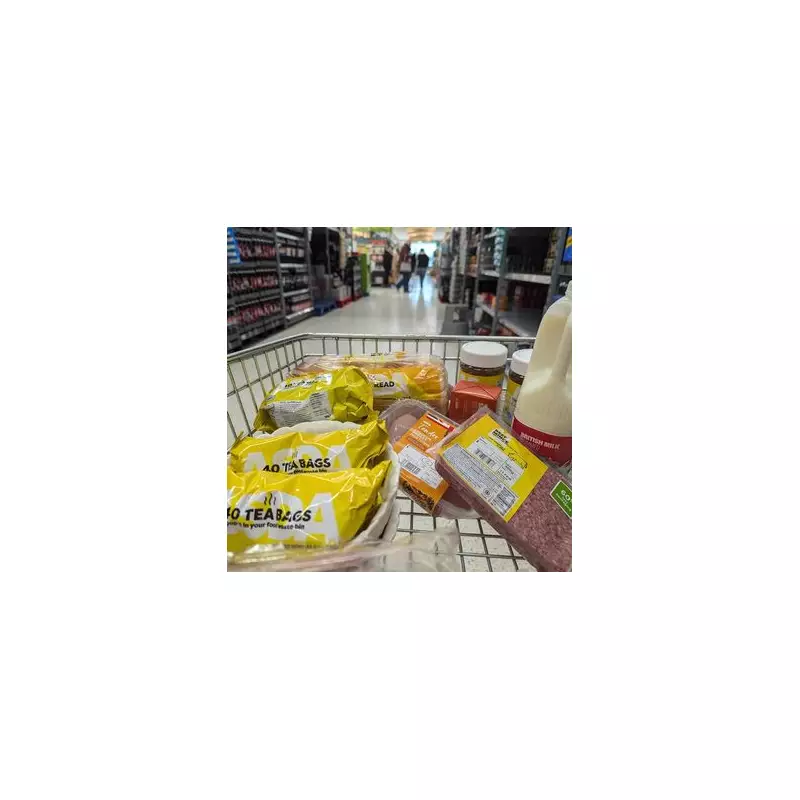
A major shift is underway in the British grocery landscape, as savvy shoppers increasingly turn their backs on the traditional 'Big Four' supermarkets in favour of the budget-friendly German discounters, Aldi and Lidl.
This shopping revolution is being driven by the relentless squeeze on household finances from the ongoing cost of living crisis. Consumers are actively hunting for the best value, and new research confirms that Aldi and Lidl are consistently winning that battle.
The Price Check That Says It All
Independent price comparison analysis, which tracks a standard basket of everyday goods, has repeatedly found that Aldi and Lidl offer significantly lower prices than their larger rivals. This isn't just on a few select items, but across a wide range of products, from fresh produce and dairy to cupboard staples.
Shoppers are no longer just popping into a discounter for a few special buys; they are doing their full weekly shop there, lured by the promise of a smaller total at the checkout.
More Than Just Low Prices
The appeal of the discount chains extends beyond just price tags. Both Aldi and Lidl have invested heavily in improving the quality and range of their products, particularly their own-label lines and fresh food offerings.
They have successfully shaken off any lingering perception of being 'downmarket' and are now seen as smart, streamlined alternatives that deliver premium quality at a fraction of the cost. The element of surprise with their famed 'middle aisle' special buys also keeps customers coming back for more.
A Changing High Street
This trend is having a profound impact on the market share of the established giants—Tesco, Sainsbury's, Asda, and Morrisons. All are facing intense pressure to compete on price, often launching their own value ranges and price-matching schemes in a bid to stop the customer exodus.
The message from British consumers is clear: in the current economic climate, loyalty to a traditional supermarket brand is secondary to the urgent need to stretch the family budget further.





